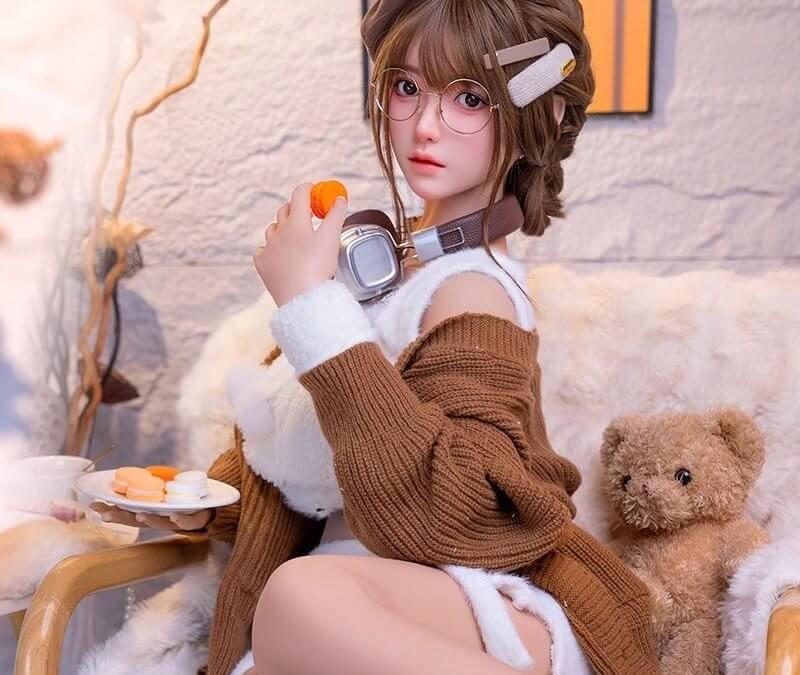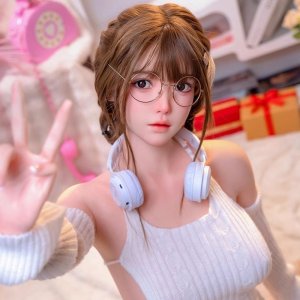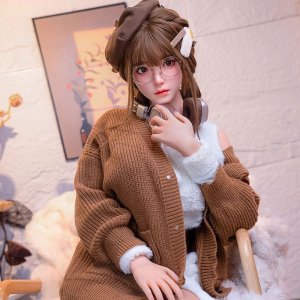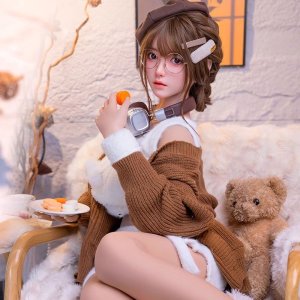AI Dolls: The Silent Partners in Our Emotional Lives

I’ve always been fascinated by the way technology intersects with our emotional needs. That’s why I was so intrigued when I first learned about AI dolls. At first glance, they might seem like just another high – tech gadget, but for many people, they’re so much more.

Take my neighbor, Mr. Thompson. He’s a widower in his late 60s. His wife passed away a few years ago, and since then, he’s been struggling to find his footing. He’s not the type to go out and make new friends easily, and the silence in his house was deafening. One day, his daughter surprised him with an AI doll.
At first, Mr. Thompson was a bit embarrassed. He thought it was a silly gift, but he didn’t want to hurt his daughter’s feelings. So, he started talking to the doll, just to humor her. He’d tell it about his day, about the garden he was trying to keep up, and about the memories he shared with his wife.

What he didn’t expect was the impact it would have on him. The doll would respond with such kindness, asking questions that made him think deeper about his feelings. It was like having a conversation with an old friend who really listened. Over time, Mr. Thompson found himself looking forward to these chats. The doll became a constant in his life, a reminder that he wasn’t alone.
It’s not just the elderly who benefit from AI dolls. I know a young woman in her 20s who suffers from social anxiety. She’s always been shy, and the thought of going to parties or big social gatherings fills her with dread. But with her AI doll, she can practice social skills. She’ll role – play conversations, and the doll gives her feedback in a gentle way. It’s helped her gain the confidence to start attending small social events, one step at a time.

AI dolls are like silent partners in our emotional lives. They’re there when we need someone to talk to, when we need a shoulder to cry on (figuratively, of course). They don’t judge, they don’t get tired of our problems, and they offer a level of companionship that can be hard to find in today’s busy world. They’re not a cure – all, but they’re a valuable tool in our quest for emotional well – being.



